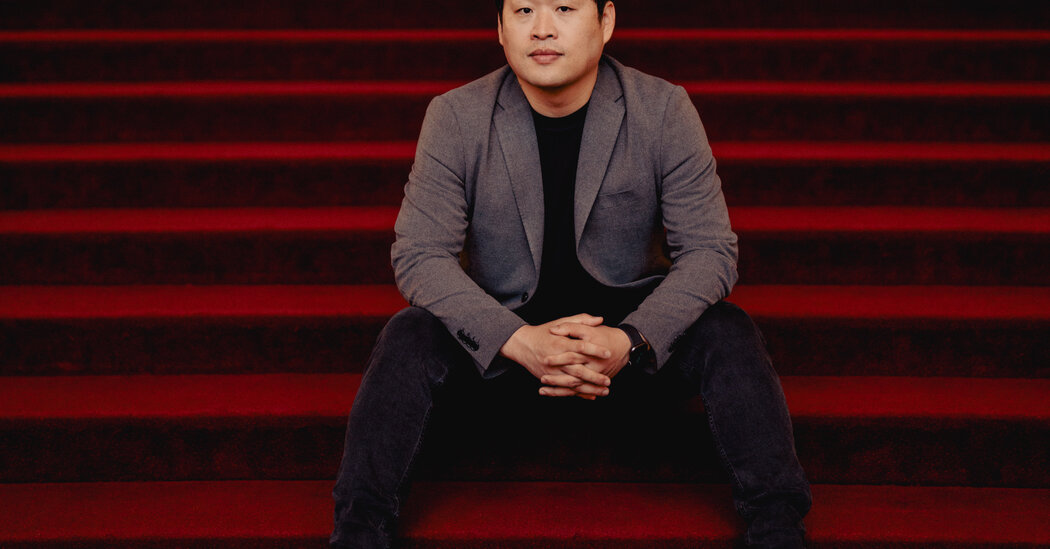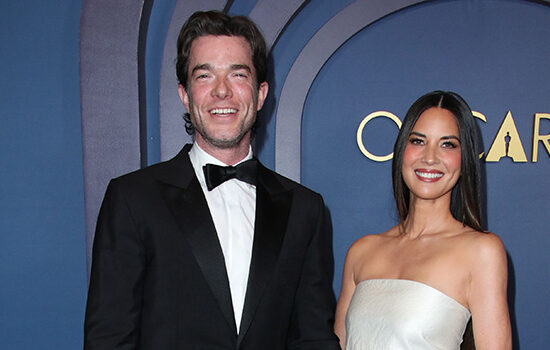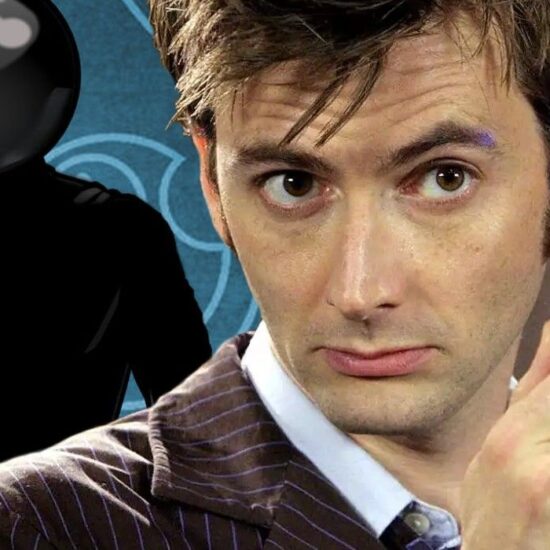
SeokJong Baek, a South Korean tenor about to make his Metropolitan Opera debut, has had a meteoric journey to the most hallowed halls of the opera world. But to hear him tell it, his whirlwind career has been simply about timing.
On a recent sweltering day over coffee in this city’s Gangnam neighborhood — where coffee can cost up to $8 — Mr. Baek spoke about his career with an innocent modesty. He will make his debut at the Met as Ismaele in Verdi’s “Nabucco” (opening Thursday) just a couple of years after retraining his voice from baritone to tenor.
Three of his first roles as a tenor were at the Royal Opera House in London, a level of prestige that many singers work years, if not decades, to achieve. It’s an enviable trajectory for any opera singer, and one that Mr. Baek, 37, seems to shrug off as just the story of a humble guy from South Korea who got a break. Or, one might say, a series of breaks.
Born in Jeonju in southwestern South Korea, Mr. Baek studied music in high school and at Chugye University for the Arts in Seoul before moving to Toronto to study English and work for a few years. In 2010, he was accepted into the Manhattan School of Music in New York, where he earned bachelor’s and master’s degrees (with a two-year stint back in South Korea for his required military service). He graduated in 2019.
But a chance meeting that same year with the South Korean tenor Yonghoon Lee changed the course of his career.
“Yonghoon said that I had a great voice as a baritone, but that he heard something different in my voice,” Mr. Baek recalled. “He said that I could be a greater tenor.”
Along with a piano accompanist at Mr. Lee’s apartment in New York, Mr. Baek sang “Recondita armonia” from Act I of “Tosca.”
“I was shocked how I could sing the upper register,” he said. “We were all a bit surprised.”
Soon after, Mr. Baek was accepted at the young artists program at the San Francisco Opera as a baritone. But for the final student concert in late 2019, he was allowed to sing the same aria from “Tosca” and another tenor aria.
“I decided to change my voice in September, and the concert was in December, so that was a very short period of time to prepare as a tenor,” Mr. Baek said. “Going from tenor to baritone is easier. But to go from baritone to tenor is much more difficult. But I made it.”
Two months later, the pandemic hit, and Mr. Baek spent that time retraining himself to be a tenor, which involved vocal exercises and “opening up my chest to resonate with my whole body” and repeating the high register over and over.
“For 90 minutes almost every day for 18 months, I sang by myself at the San Francisco Korean United Methodist Church in my neighborhood,” he recalled. “The training was quite brutal. It was lonely. And for a few months, it didn’t work. But after about a year, I could maintain the high register on several arias.”
Soon after, he took first prize at the prestigious Loren L. Zachary voice competition in Los Angeles in 2021 — as a tenor — and then took first prize later that year at the Vincerò opera competition in Italy, where he met a casting director from the Royal Opera who arranged an audition. This led to his being cast as the cover, or standby, for the role of Samson in the Royal Opera’s “Samson and Delilah” in May 2022. It was his first role as a tenor.
In early 2022, before performances began, the tenor Nicky Spence had a serious leg injury and had to cancel all performances as Samson. Mr. Baek was suddenly tapped for eight performances.
“It’s been an extraordinary trajectory,” Oliver Mears, the Royal Opera’s director of opera, said in a recent video interview. “It’s not unheard-of to go from baritone to tenor, since it really is a matter of retraining the voice, but I think the thing that struck me about SeokJong was that he hadn’t had any real stage performances when he was seen at a competition.”
The week after “Samson” ended with great success at the Royal Opera, alongside the mezzo-soprano Elina Garanca as Delilah, the tenor Jonas Kaufmann dropped out of “Cavalleria Rusticana.” Mr. Baek was asked to step in.
“It was crazy,” he said. “I didn’t know the opera and there was only two weeks before opening night. I had three shows left of ‘Samson’ while I was learning ‘Cavalleria Rusticana.’”
He was then offered the role of Radames in “Aida” in May of this year after the tenor Francesco Meli dropped out of the final five performances.
“When I saw him in ‘Aida,’ I was struck at how much he had progressed,” Mr. Mears said. “Richard Jones, the director, and Tony [Pappano, music director of the Royal Opera] worked him incredibly hard on ‘Samson,’ and he absorbed everything they threw at him.”
A casting director from the Metropolitan Opera had attended a “Samson” performance and offered Mr. Baek the upcoming role in “Nabucco.” Mr. Baek was also given the role of Calaf in “Turandot” at the Met, which will open Feb. 28 (he has sung that role now a few times in concert, including this year in Seoul, and at smaller opera houses). From there, Mr. Baek said, his performance schedule is almost fully booked into 2027.
“I’m a little bit of an introverted guy from South Korea,” he said. “Everything has happened so fast. Sometimes it feels like I still don’t realize what’s happening.
He paused, and smiled, taking a sip of that $8 coffee.
“But what I really need to do is accomplish the things ahead of me right now,” he said.













